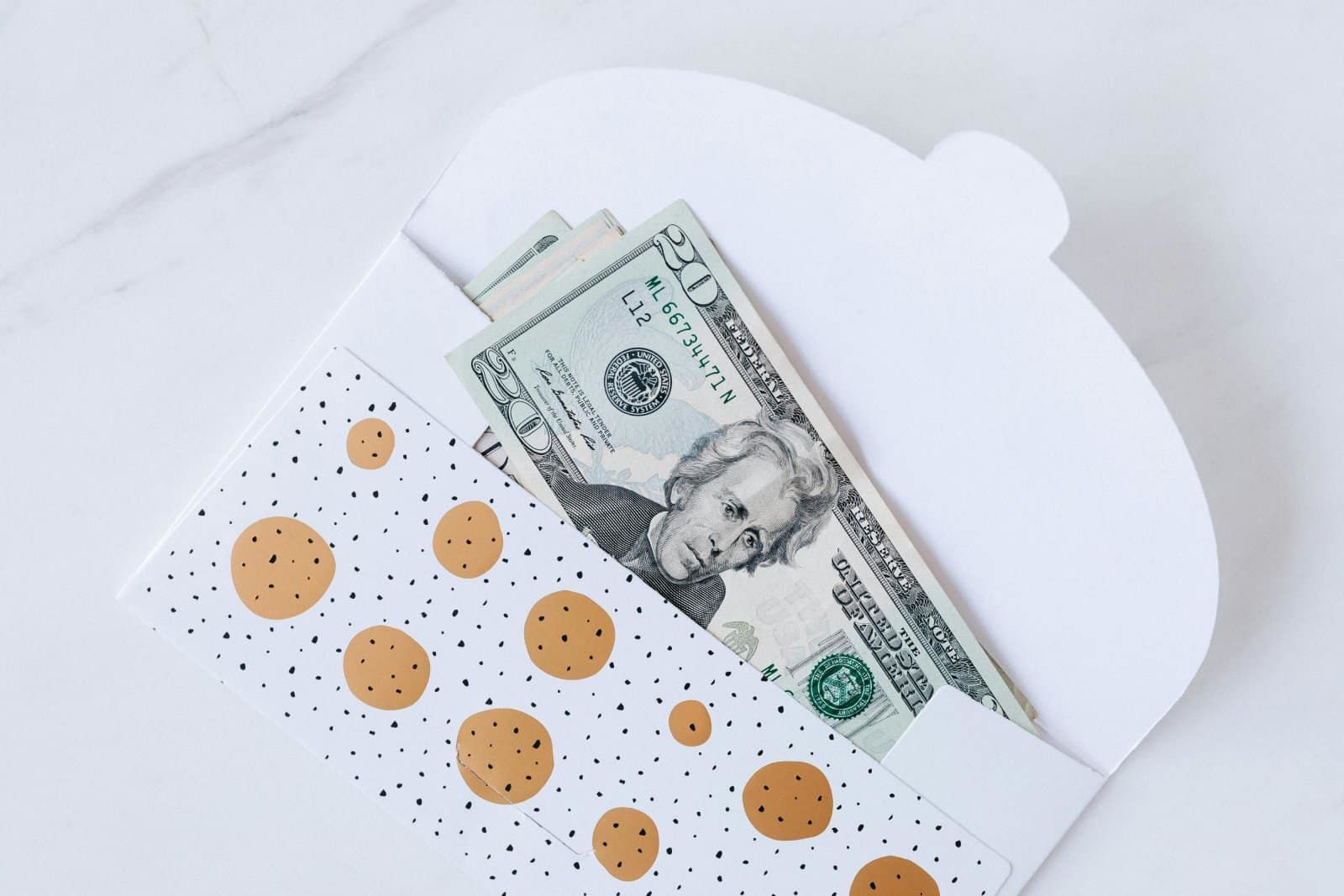Ever thought your “healthy” supermarket choices might not be as wholesome as you think? Are your groceries as healthy as you think?
1. Misleading “Natural” Claims

Many products boasting a “natural” label are anything but. Despite the wholesome appeal, there are no strict regulations defining what “natural” means, allowing brands to use the term for products with processed sugars and additives.
2. Organic Overreach

Just because something is labeled “organic” doesn’t guarantee it’s pesticide-free or more nutritious. Some organic labels may meet minimum standards, but the benefits can be overstated, creating a false sense of security about the product’s health impact.
3. Sustainability: A Trendy, Vague Concept

“Sustainable” sounds responsible and eco-friendly, but it’s often a vague term with little standardization. Companies throw around this label to attract eco-conscious consumers without substantial practices backing the claim.
4. Gluten-Free Gimmicks

Products labeled “gluten-free” have become synonymous with healthier options, but often they’re just as calorie-dense as their counterparts. This label is crucial for those with celiac disease, yet it’s marketed broadly to imply a healthier choice where there isn’t one.
5. The Price of Misinformation

The misuse of these labels leads not only to consumer deception but also to higher prices. Shoppers pay premium costs for products under the guise of better health benefits, which may not be scientifically supported.
6. The Illusion of “Fat-Free”

Fat-free products often replace fats with high amounts of sugar or unhealthy substitutes, negating any health benefits and misleading consumers who are trying to make better dietary choices.
7. The Cage-Free Con

While “cage-free” implies better conditions for animals, it often doesn’t mean the animals live in significantly better conditions. This label can be misleading, suggesting a level of humane treatment that is not always the reality.
8. Misuse of “Whole Grain”

Products labeled as “whole grain” might only contain a small percentage of whole grains among other refined ingredients, misleading consumers looking for heart-healthy options.
9. Non-GMO Misconceptions

The “Non-GMO” label implies a healthier product, but genetically modified organisms (GMOs) are not necessarily harmful, and the absence of GMOs doesn’t make a product healthier.
10. Dairy Dilemmas

“Dairy-free” labels can mislead consumers about the health benefits of the alternatives, which can be just as calorie-dense or contain unhealthy fats.
11. Sugar-Free Scams

Sugar-free products often contain artificial sweeteners or other sugar alcohols, which can have their own health risks and might not reduce calorie intake significantly.
12. “Made with Real Fruit” Misleads

Products claiming to be made with real fruit may contain only trace amounts of fruit, with the majority being flavorings and other additives.
13. Overstating Protein

Snacks boasting added protein might contain less nutritious protein sources or unnecessary additives, misleading consumers who are trying to increase their protein intake healthily.
14. The Vegan Veneer

Vegan labels don’t necessarily mean a product is healthier; many vegan products are highly processed or packed with sugars and fats.
15. “Antioxidant-Rich” Exaggerations

Products labeled as “antioxidant-rich” might contain only minimal amounts of antioxidants, far less than what is needed to have a beneficial effect.
16. Local Labeling Loopholes

“Locally sourced” doesn’t always mean better quality or less environmental impact, as local production standards vary widely.
17. The Low-Sodium Illusion

Low sodium labels can distract from high amounts of other unhealthy ingredients, such as sugars or saturated fats.
18. Expiration Exaggerations

“Best before” dates often lead to unnecessary food waste, as many products are still safe and consumable after the date has passed.
Think Before You Buy

Next time you’re navigating the grocery store aisles, take a closer look at the labels. Don’t be swayed by fancy terms and marketing gimmicks. Making informed choices is not only better for your health but also for your wallet.
Budget Boss: 12 Tips for Managing Your Money Wisely

Embarking on a journey to master budgeting requires evidence-based strategies supported by research to manage your finances effectively and achieve your financial goals. Here are 12 research-backed tips, along with actionable steps to implement them, for mastering budgeting and maximizing your financial well-being. Budget Boss: 12 Tips for Managing Your Money Wisely
Ranking the Top and Bottom 24 U.S. Universities

Wondering which universities are the cream of the crop and which ones fall short of the mark? Today, we’re ranking the 24 best and worst universities in the United States to give you the inside scoop on higher education excellence and disappointment. Are you ready to uncover the highs and lows of academia? Ranking the Top and Bottom 24 U.S. Universities
18 Trending Jobs That Let You Travel While Working

Dreaming of turning your wanderlust into a way of life? Believe it or not, there are careers that not only allow but encourage you to explore the globe, dive into new cultures, and collect experiences instead of things. Here are 18 unconventional jobs that offer just that, with a bit more insight into each. 18 Trending Jobs That Let You Travel While Working
The post Label Deception: Supermarket Scams Under the Barcode first appeared on Not Your Boss Babe.
Featured Image Credit: Shutterstock / PERO studio.
The content of this article is for informational purposes only and does not constitute or replace professional financial advice.
For transparency, this content was partly developed with AI assistance and carefully curated by an experienced editor to be informative and ensure accuracy.





Leave a Reply